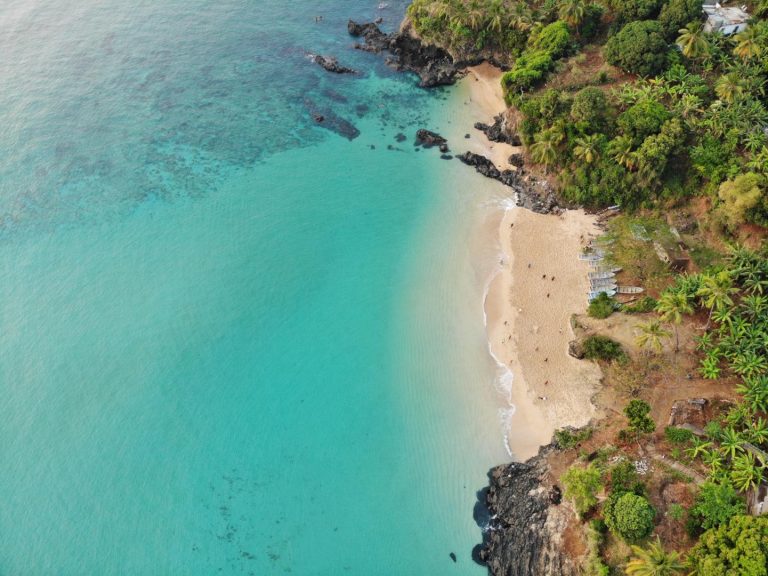The sharks are under consideration at the world conference of the Convention on the International Trade in Endangered Species of Wild Fauna and Flora (CITES) in Doha, from 13 to 25 March 2010.
Sharks are facing unprecedented threats from targeted fisheries and bycatch, as well as from illegal, unreported and unregulated fishing worldwide. No legislation currently exists to regulate shark fisheries, however if granted CITES Appendix II listing, international trade in products from these 8 species would be regulated, a critical step towards protecting dwindling populations.
“The marine theme of this year’s CITES conference is particularly striking”, said CITES Secretary-General Willem Wijnstekers. “It confirms a trend that began in 2002. CITES is increasingly seen as a valuable tool to achieve the target of restoring depleted fish stocks by 2015 to levels that can produce the maximum sustainable yield, as agreed at the Johannesburg World Summit on Sustainable Development”.
For over 5 years, Blue Ventures has been monitoring shark populations in the Mozambique Channel, gathering critical scientific data to improve understanding of the status of western Indian Ocean shark populations. Widespread degradation of marine environments and massive increases in commercial and local fisheries have drastically increased threats to the region’s sharks in recent years. The enormous global demand for shark fin has acted as a powerful driver for many fishers to target the Mozambique Channel’s shark-rich waters.
Two fifths of shark species are threatened with extinction or near threatened, and scientists lack sufficient data to estimate populations of a similar number. Blue Ventures’ research is playing a vital role in filling a gap in knowledge of Indian Ocean shark distribution.
Blue Ventures’ data show that fishing effort has increased dramatically in the last five years, with scalloped hammerheads accounting for around 40% of sharks landed in southern Madagascar. The future of shark populations throughout the Indian Ocean is now of grave concern.
“Fin exports from countries like Madagascar are high and come at a huge cost to shark populations and the health of local fisheries”, said Blue Ventures Research Co-ordinator Frances Humber. “Where traditional fishers in southern Madagascar were once able to land large sharks in nearshore lagoons, they must now lay their nets in deep ocean waters, often sailing their canoes up to 40 km offshore.”
Blue Ventures urges CITES Parties to take immediate action to regulate currently unsustainable levels of shark trade, and recognises the importance of prioritising policies for creating viable alternative coastal livelihoods for shark fishers. In southern Madagascar, where the average daily wage is less than US$2 per day and a kilogram of shark fins can sell for up to US$80, regulation must be accompanied by support for fishing communities.
Blue Ventures is working to reduce the impact of trade barriers on traditional shark fisheries through promoting increased awareness of shark conservation and developing alternative sustainable livelihoods within a regional network of locally-managed marine protected areas.























